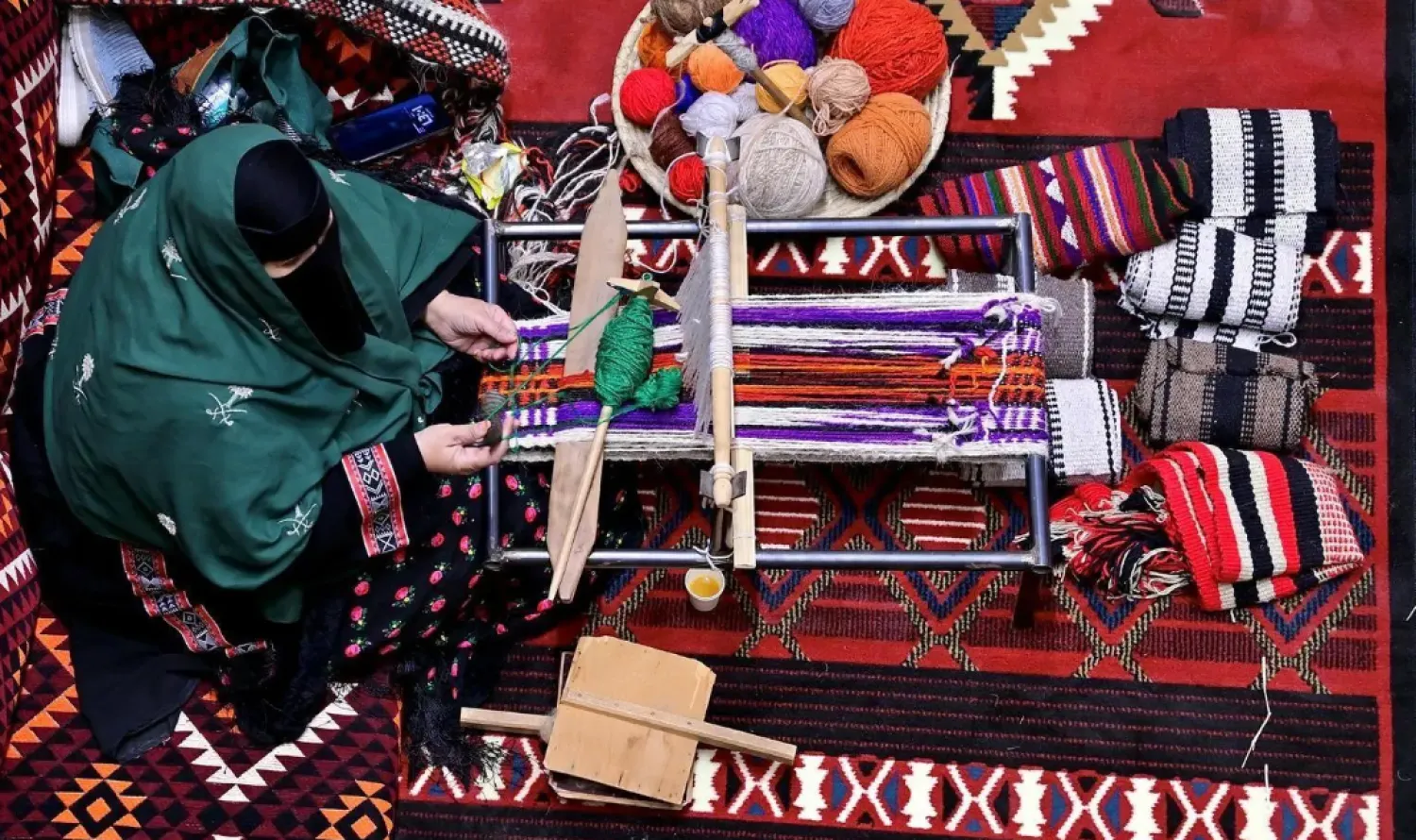Louisiana's Cajun and Creole heritage takes center stage this weekend when the Festivals Acadiens et Creoles marks a half-century of honoring and celebrating the culture through music, arts, food and community.
What started as a one day concert in 1974 to entertain 150 French-speaking journalists gathered in Lafayette — considered the heart of Cajun country — has grown into a three-day event and possibly one of the largest Cajun and Zydeco festivals held globally, organizers said. And, they note, the entire event is free.
Barry Jean Ancelet, one of the event's organizers, said when the idea formed 50 years ago, nobody knew if anyone would even come out to hear the music.
"Cajun music at that time was largely considered ‘old people’s music,'" he said. "You've got to remember, we were in the throes of Rock ‘n’ Roll at the time. The people here loved it when they encountered it in dance halls, but this concert was designed to call attention to the music in a different way, to point out its value. They had to sit — not dance — and pay attention. And they ended up hearing it in a different way. It was so successful. We ended up turning it into an annual event where we could call positive attention to this important asset and get people to consider it."
The festival, now held annually in Lafayette's Girard Park, brings together multi-generations of musicians and artists who annually fight to preserve a culture that continues to evolve.
"We've always been about celebrating the past and handing it off to the future," Ancelet said. "If you value and respect evolution, the culture will produce things that will continue to surprise you. It all comes out in the wash. What's good will last and what's not, won't."
Festival co-founder Pat Mould said the festival is a "self-celebration of who we are, how we live, what we eat, the music and how we speak."
"If you know nothing and want to learn about the culture, this one weekend out of the year allows you to find out everything. Everything you want to know is represented at the festival. It's a quick study of Cajun and Creole living," he said.
On tap musically for the Friday through Sunday event are performances by 60 musicians — all homegrown talent — including Steve Riley and the Mamou Playboys, Wayne Toups, CJ Chenier, Nathan and the Zydeco Cha Chas, Chubby Carrier and the Bayou Swamp Band, The Revelers, Beausoleil avec Michael Doucet and The Lost Bayou Ramblers.
On Friday, contemporary artists will pay tribute to the 1974 concert house band that included Zydeco pioneer Clifton Chenier, Cajun accordion maker Marc Savoy, the Balfa Brothers, a Cajun music ensemble of five brothers, Cajun accordion players Nathan Abshire and Blackie Forrester, and Jimmy C. Newman, a country music and Cajun singer-songwriter and long-time star of the Grand Ole Opry.
"Get ready for Louisiana pure fun," said Carrier, who's scheduled to perform with his band on Sunday. "Get ready to eat some really good food and have the time of your life."
"People all over the word have these dates circled on their calendar," he continued. "It's an event that helps the younger generations continue the traditions. I'm a third generation Zydeco musician. This is a family oriented festival that brings people together of all ages."
Riley, who's been performing at this festival since 1988, said he keeps returning for several reasons but especially because it helps preserve the culture.
"It's important to see us on stage, singing and speaking in French. That has an effect on people who come to see us and helps them fall in love with the culture," he said.
"There are a lot of events leading up to the weekend that focuses on the importance of the language, the culture, the food and, of course, the music. There's none other that celebrates it like this one. I think it's the biggest complete celebration of everything Cajun. It's also inclusive of different generations, bands with lineage. That's key," he said.
Riley, now 55, said he's very proud that his three children all play music.
"It's a beautiful thing for my family and others like mine," he said. "Having your kids play with you is awesome. Most kids don't want to have anything to do with what their parents do. Mine, think what I do is fun and it is."
Riley said when he first started there weren't too many young bands playing Cajun music.
"There was real fear that the music would die off and dissipate like the language," he recalled. "The opposite has happened. More young folks are preserving and playing this music than ever. The Zydeco scene down here is packed with young people. It's super vibrant and alive. The same with the Cajun scene as well."









